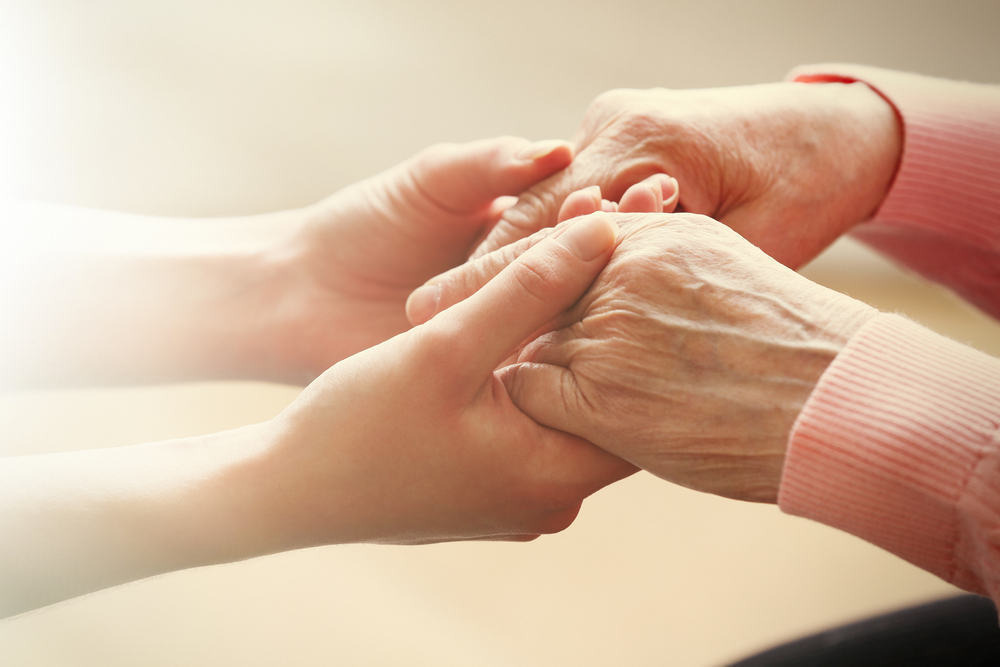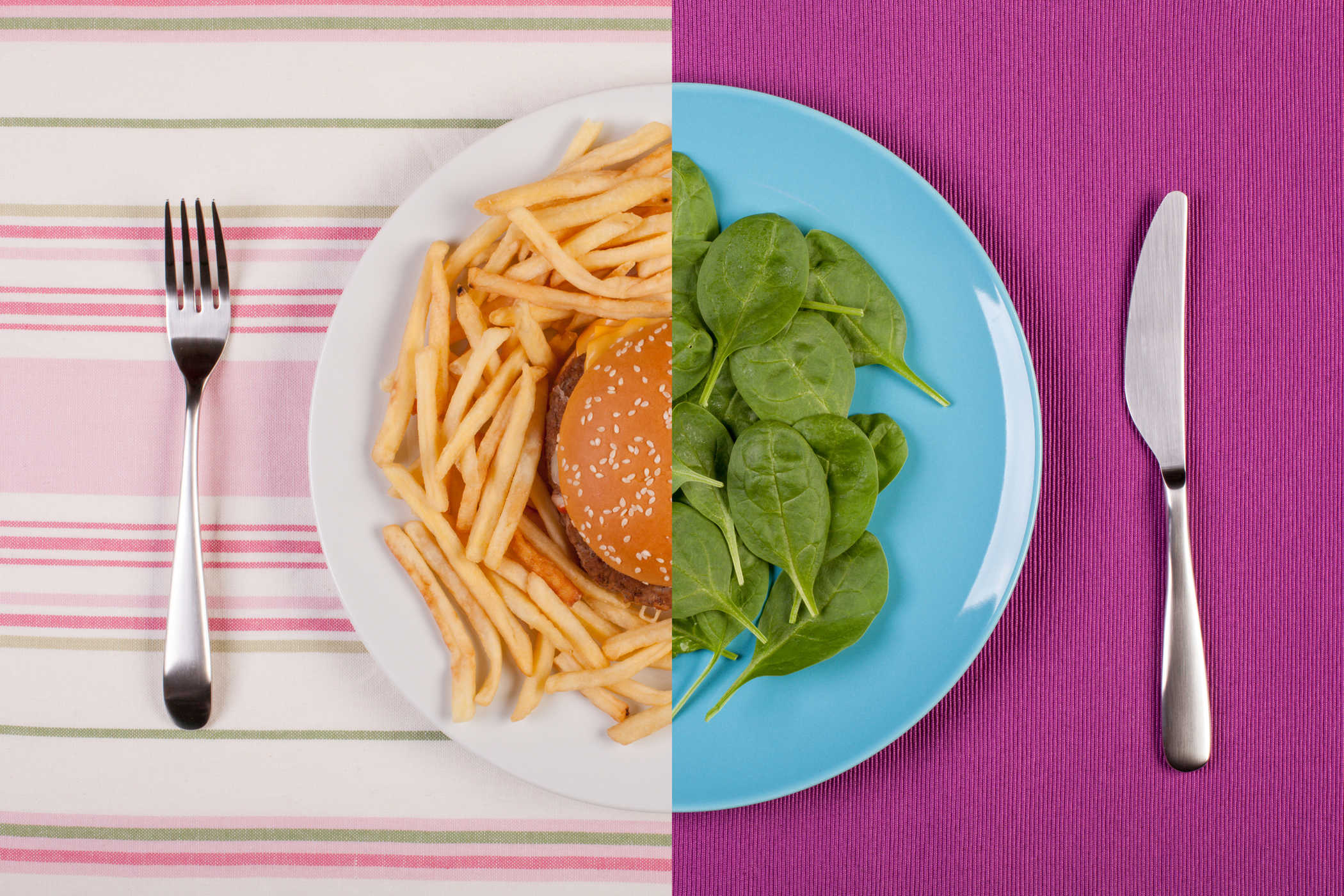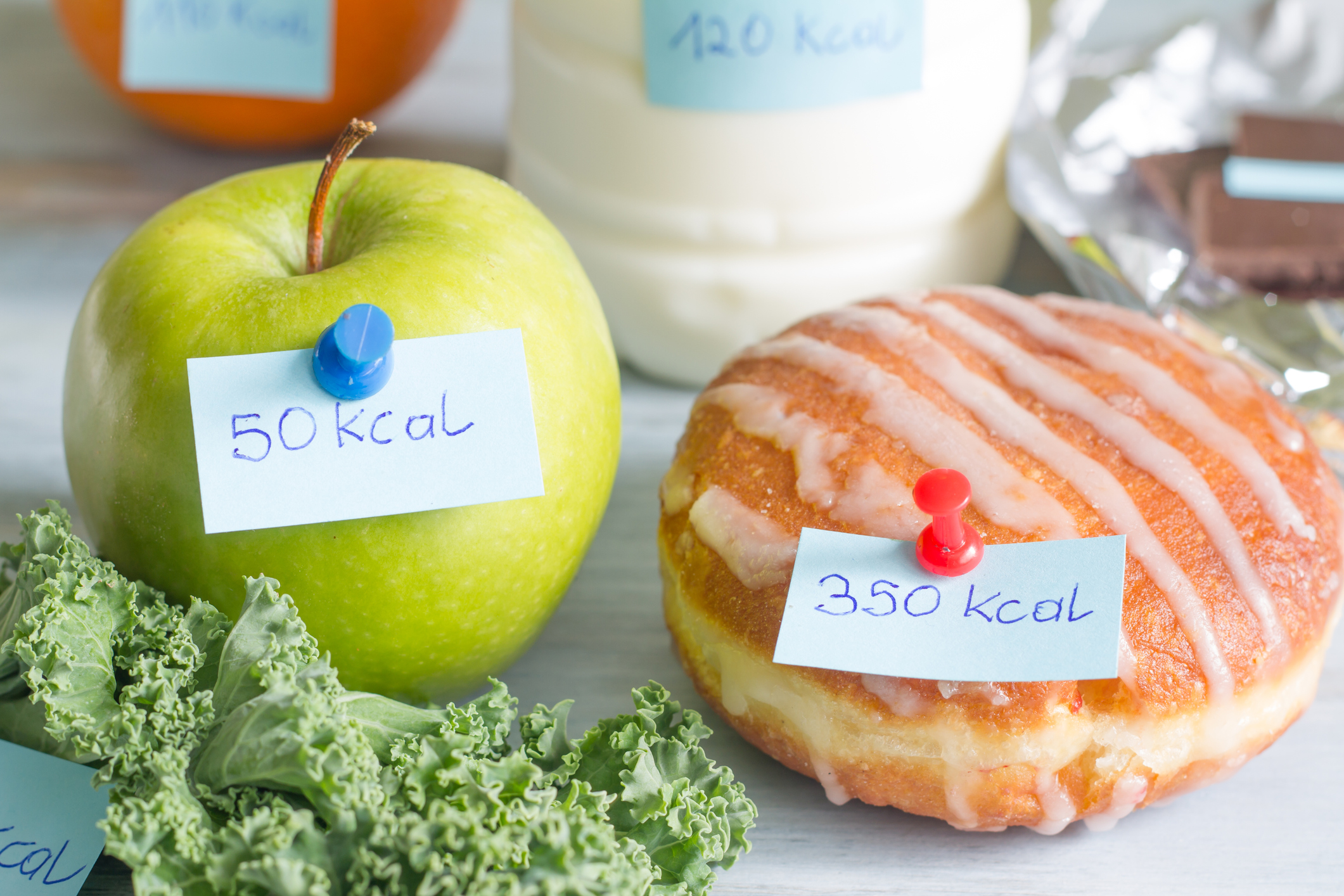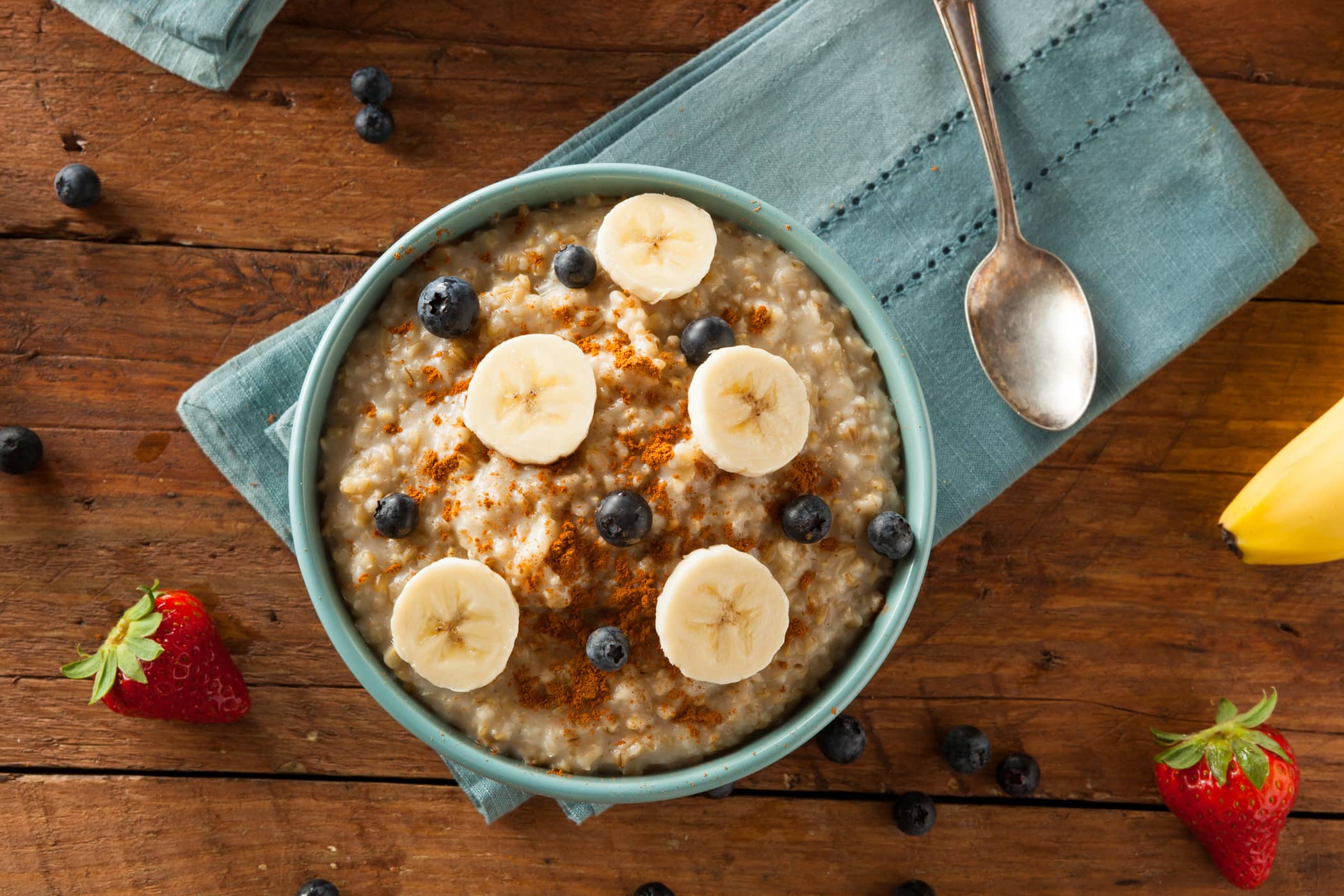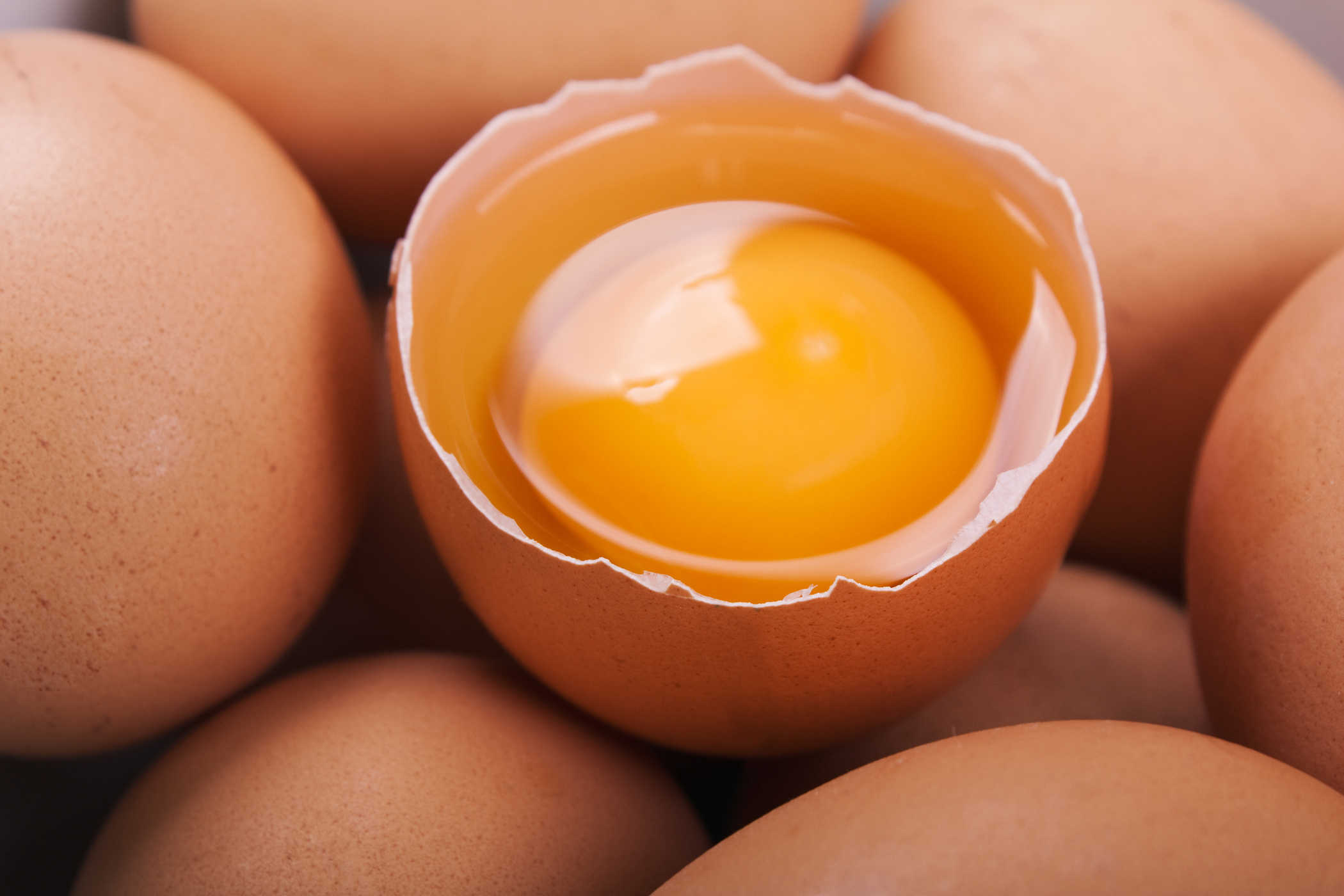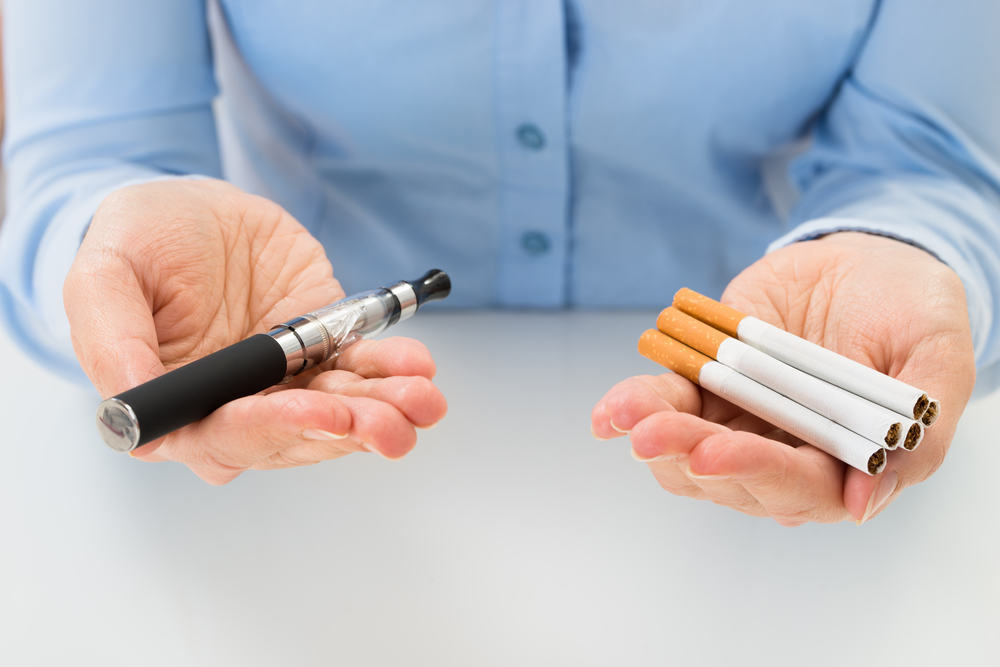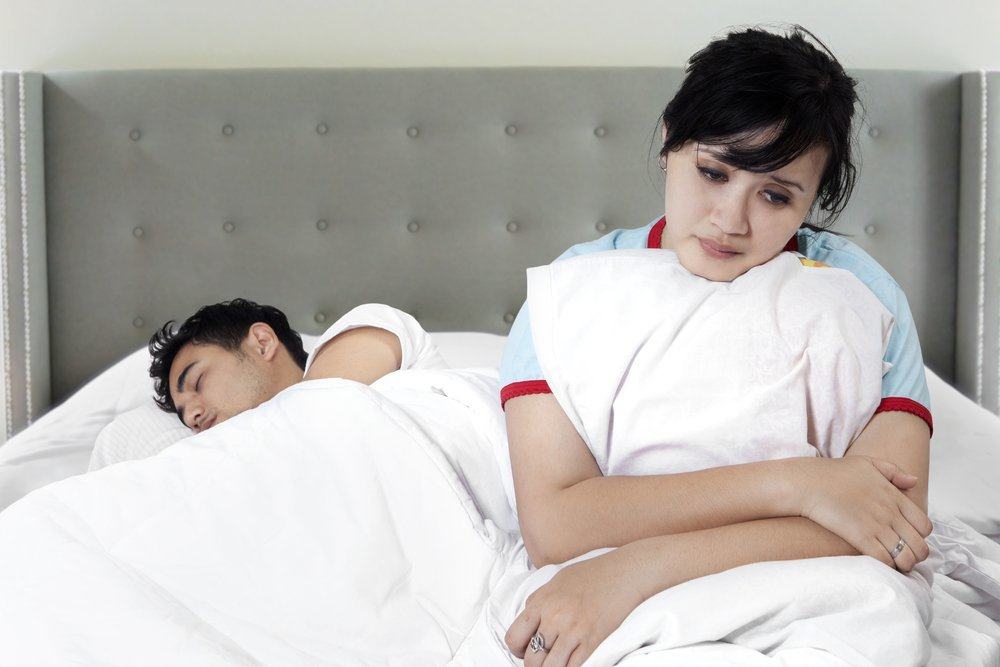Contents:
- Medical Video: 10 Important Things Your Child Should Learn by Age 10
- 1. Know the normal limits
- 2. Pay attention to nutritional intake
- 3. Dental and oral care
- 4. Skin health problems
- 5. Beware of depression
Medical Video: 10 Important Things Your Child Should Learn by Age 10
According to the Ministry of Health, those who can be called elderly are those over the age of 60 years or more. Elderly people need special attention, because their body's ability is no longer the same as it used to be. Caring for the elderly can be difficult but not easy.
Some of the following are important for you to pay attention to in caring for the elderly.
1. Know the normal limits
Everyone has a certain standard of value if it is related to health. For example, if your blood pressure is usually 120/80 and if suddenly your blood pressure rises to 130/90, you know something is wrong and must be considered. The same thing happened to the elderly. Knowing the usual numbers on an elderly health report can help you detect early if something goes wrong with the elderly.
For comparison, the normal blood pressure is 120/80. If it is higher than 120/80 but less than 140/90, then the condition is said to be pre hypertension, more than 140/90 then it is classified as hypertension.
But it helps you remember that all laboratory values or clinical examinations also depend on factors of age and sex. For example, the value of erythrocyte sedimentation rate in women and in the elderly is higher when compared to men and young age. Or if an elderly person has diabetes, his blood pressure should not be more than 130/80. Therefore, knowing how often the standard numbers are in the elderly will be very helpful especially if you are caring for an elderly person who has had a previous illness.
2. Pay attention to nutritional intake
Nutritional needs at each stage of life are certainly different, not least for the elderly. For men aged 65-80 years it is recommended to consume 1900 kcal per day and those aged over 80 years need 1525 kcal per day. While women aged 65-80 years need 1500 kcal and those above 80 years old need 1425 kcal per day.
Just like most people, the elderly also need balanced and diverse nutrition. Applying the concept of balanced nutrition to the elderly can help prevent the onset of disease. Try to include fruit in the daily menu to meet the needs of the elderly daily vitamins and minerals. If the elderly have difficulty chewing, vegetables and fruit can be juiced. Combine various ways to process food so that the difficulty of chewing is not an obstacle to meeting the daily nutritional needs of the elderly. Don't forget that water intake must also be fulfilled. If the elderly cannot drink too much water, take care by serving fruit or fruit with lots of water.
3. Dental and oral care
Some dental and oral health problems that often occur in the elderly are:
- The color of the teeth becomes darker: in some cases, discoloration of the tooth occurs due to changes in the dentine, a tissue found under the tooth enamel. If you often eat foods or drinks that damage the color of your teeth (such as coffee or tea), the color of the dentine can change. Thinning of tooth enamel can also occur so that it can cause darker colored layers to surface.
- Dry mouth: occurs due to reduced production of saliva in the mouth. It can occur because of the use of drugs, the effect of cancer treatment, or because of certain diseases suffered.
- Gingivitis and periodontitis: is a type of gum problem where the gums become reddish, swollen, and easily bleed. Gingivitis is easily cured by the practice of cleaning teeth and mouth properly. A visit to the dentist can also help reduce the risk of gingivitis getting worse. If not treated, gingivitis will become periodontitis. In periodontitis, the gums seem to separate from the teeth and form infected gaps or sacs. Bacteria found in infected areas can cause teeth to become easily dislodged.
Ask whether the elderly have difficulties in maintaining the health of their teeth and mouth. For example, it could be that the elderly do not clean their teeth because their wrists are already sore. There are also elderly people who do not realize that the dentures used are dirty or the size is not right. If the problem continues, immediately consult a doctor.
4. Skin health problems
As we get older, our skin changes too. This change depends on several aspects such as lifestyle, diet, offspring, and other habits. Exposure to sunlight is one of the main causes of skin damage. Ultraviolet light can cause damage to elastic tissue on the skin which can cause sagging skin, wrinkles appear, and can even trigger skin cancer. Other contributing factors are the loss of fat tissue between the skin and facial muscles, stress, gravity, the habit of moving the face (both smiling and frowning), to obesity.
Some skin health problems that usually occur in the elderly are the appearance of wrinkles, facial lines that are increasingly apparent (or commonly called smile lines), dry and itchy skin due to reduced oil glands in the skin, black bits, and skin cancer.
5. Beware of depression
Depression in the elderly is different from those who are still young. Depression in the elderly is usually caused by illness and disability. Elderly people who used to be free to move suddenly become limited due to illness and decreased ability of the body can also experience depression.
Depression in the elderly can increase the risk of cardiovascular disease such as a heart attack. The risk of death in elderly people who are already ill and depressed is also higher when compared to the elderly who are not depressed. The possibility of suicide also increases in elderly people who are depressed. The National Institute of Mental Health makes depression in the elderly as a public health problem that must be addressed.
Depression in the elderly is difficult to know the signs and symptoms. Sometimes depression causes them to always look tired, have trouble sleeping, and are easily angry or offended. But overall there are no clear signs of someone experiencing depression. Going to a doctor is an effective way to diagnose depression in the elderly. If you care for a depressed elderly person, don't forget to always monitor the condition of the elderly and check for changes that occur both to the doctor or psychologist.
READ ALSO:
- Different Age, Different Sleep Duration Required
- 3 Natural Recipes for Whitening Yellow Teeth
- Prevent Hypertension in Older People

